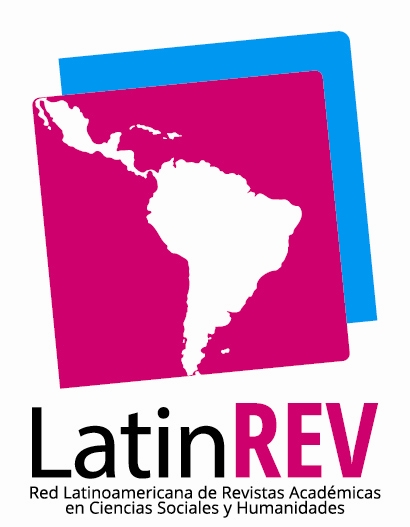The social representations that parents of “ordinary conventional children” have regarding integration at school
Keywords:
social representation, disability, school integrationAbstract
This research has studied the Social Representation that parents of “ordinary/conventional children” have regarding Disability and Integration at school. For comparative purposes, a time line has been taken into account when analyzing parent’s Social Representations in three stages: before, during, and after Integration.To carry out this study a qualitative-researchapproach has been applied. The sampling has been of a deliberate/heterogenuous type in which parents of “ordinary/conventional children” have been selected. Those children, with different social and educational backgrounds, all attend State Schools in which experiences of School Integration have been performed with children with a variety of handicaps and educational needs.Understanding Disability as a social construct, the results show that the Social Representations of parents of “ordinary/conventional children” about School Integration and Disability, are modified during the integration experience. The aim of this research is to make a contribution to teachers, headmasters, external support professionals, and families, all of whom are necessary participants of the School Integration of students with Special Educational Needs, and responsible for enabling or restricting Strategies of School Integration at the moment of stating or supporting the process, paying attention to the context and all the different elements that go with it.
Downloads
References
Araya Umaña, S. (2002). “Las representaciones sociales: Ejes teóricos para su discusión”. En Cuaderno de Ciencias Sociales Nº 127. Sede Académica, Facultad Latinoamericana de Ciencias Sociales (FLACSO). Primera edición. Costa Rica.
Arnaiz Sanchez, P. (1999). Bases pedagógicas de la Educación Especial. Librero Editor S.L. Madrid.
Acuerdo Marco Para La Educación Especial (1998). Serie A, Nº 19 del Ministerio de Cultura y Educación Consejo Federal de Cultura y Educación de la República Argentina.
Banchs, M. (1991). Representaciones sociales: pertinencia de su estudio y posibilidades de su aplicación. Boletín de AVEPSO, (XIV) 3, 3-16.
García, E., Gil, J. y Rodríguez, G. (1993). Análisis de datos cualitativos en la investigación sobre la diferenciación educativa. Ponencia presentada en el VI Seminario de Métodos de Investigación. Madrid, España.
González Halcones, M. A. (2004). “Alumnos con Necesidades Educativas Especiales asociadas a Discapacidad sensorial. Características y actuación en educación física”. En Revista de la Escuela Universitaria de Magisterio de
Toledo. Docencia e investigación. Número 4.
Ibáñez, T. (1988). Ideologías de la vida cotidiana. Psicología de las representaciones sociales. Editorial Sendai. Barcelona, España.
Jodelet, D. (2000). “Representaciones sociales: contribución a un saber sociocultural sin fronteras”. En: Seminario: El estado actual de las representaciones sociales. México: Benemérita Universidad Autónoma de Puebla.
Seelman, C. D. (2002). “PhD. Tendencias en la Rehabilitación y en la Discapacidad: Transición desde un Modelo Médico a un Modelo de Integración”. Revista Disability World, Universidad de Pittsburg.
Verdugo Alonso, M. (1994). “El cambio de paradigma en la concepción del retraso mental: la nueva definición de la AARM”. En Revista Siglo Cero; (153).: 63-69. España
Wolffensberger, W. (1972). The principle of normalization in human services. Instituto Nacional sobre Retardo Mental. Toronto, Canada.
Downloads
Published
Issue
Section
ARK
License
Copyright (c) 2012 Elva Gabriela Rosell

This work is licensed under a Creative Commons Attribution 4.0 International License.






